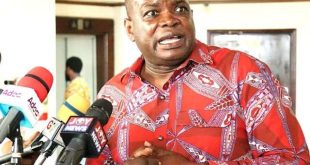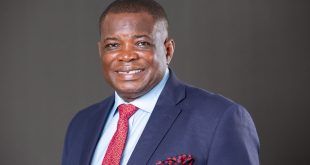The recently announced Pokuase Housing Project, according to Francis Asenso-Boakye, Minister for Works and Housing, has been designed to ensure that middle-class earners are not priced out.
The Minister claimed that the project started with the common people as its foundation and would not stray from it.
The sector minister mentioned that the project will feature recreational amenities in his statement at the project’s inauguration in Pokuase.
“Unlike other public housing projects that have ended up being purchased by only the rich, stringent mechanisms have been put in place to ensure that the target group of this project, which is the low to middle income earners are reached.”
“These mechanisms include income-based eligibility criteria, no resale policy, and a cap on housing units per person,” he said.
The Bantama Member of Parliament (MP) also said the projects will have eco-friendly spaces for children to play and grow.
“The developers are also required to incorporate extensive landscaping into the project. This will not only create aesthetically pleasing environment, but also, contribute to carbon dioxide absorption, helping to mitigate greenhouse gas emissions, and the perennial flooding in the country.”
“Mr. President, not only that, the project makes provision for safe and eco-friendly spaces for children to play and grow, recreational facilities, such as, football fields, tennis courts, swimming pools, as well as commercial spaces.”
“By this, we strive not only to meet the housing needs of our people, but aim to create a model community, that embraces eco-friendliness, supports local industries, and adapts to the challenges posed by climate change.”
About the Pokuase Housing Project
Inclusion is guaranteed by the Pokuase Affordable Housing Project, which gives low- to middle-income people priority.
Strict eligibility requirements will ensure that all qualified applicants have equal access to the housing units, preventing resale and fostering equality of opportunity.
The project will also include crucial social infrastructure and amenities, promoting a thriving neighborhood and improving people’ general well-being.
Source: Ghanatodayonline.com/Nana Kwaku Boffah
 Ghanatodayonline.com News, Politics, Health, Education & More
Ghanatodayonline.com News, Politics, Health, Education & More




